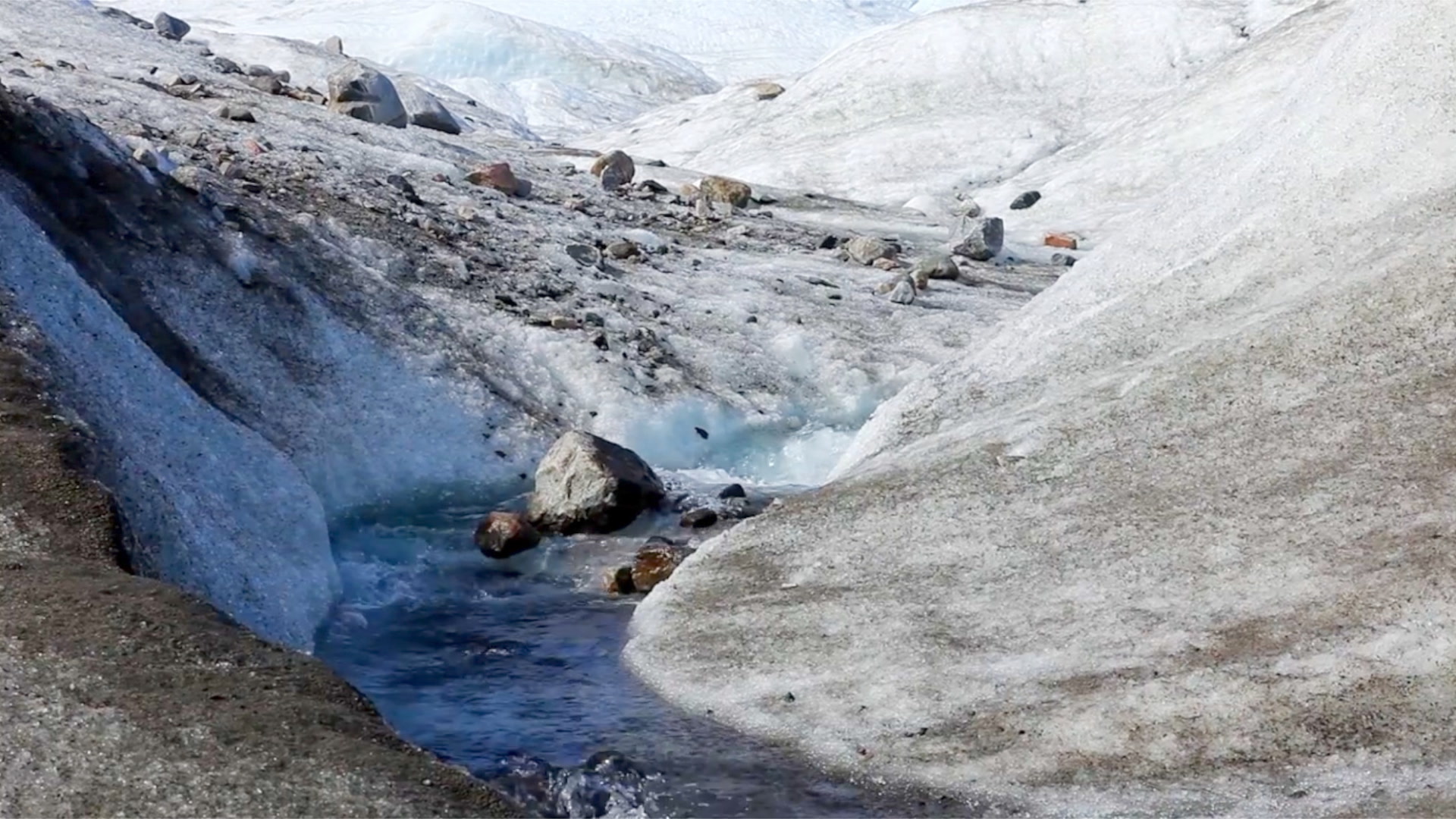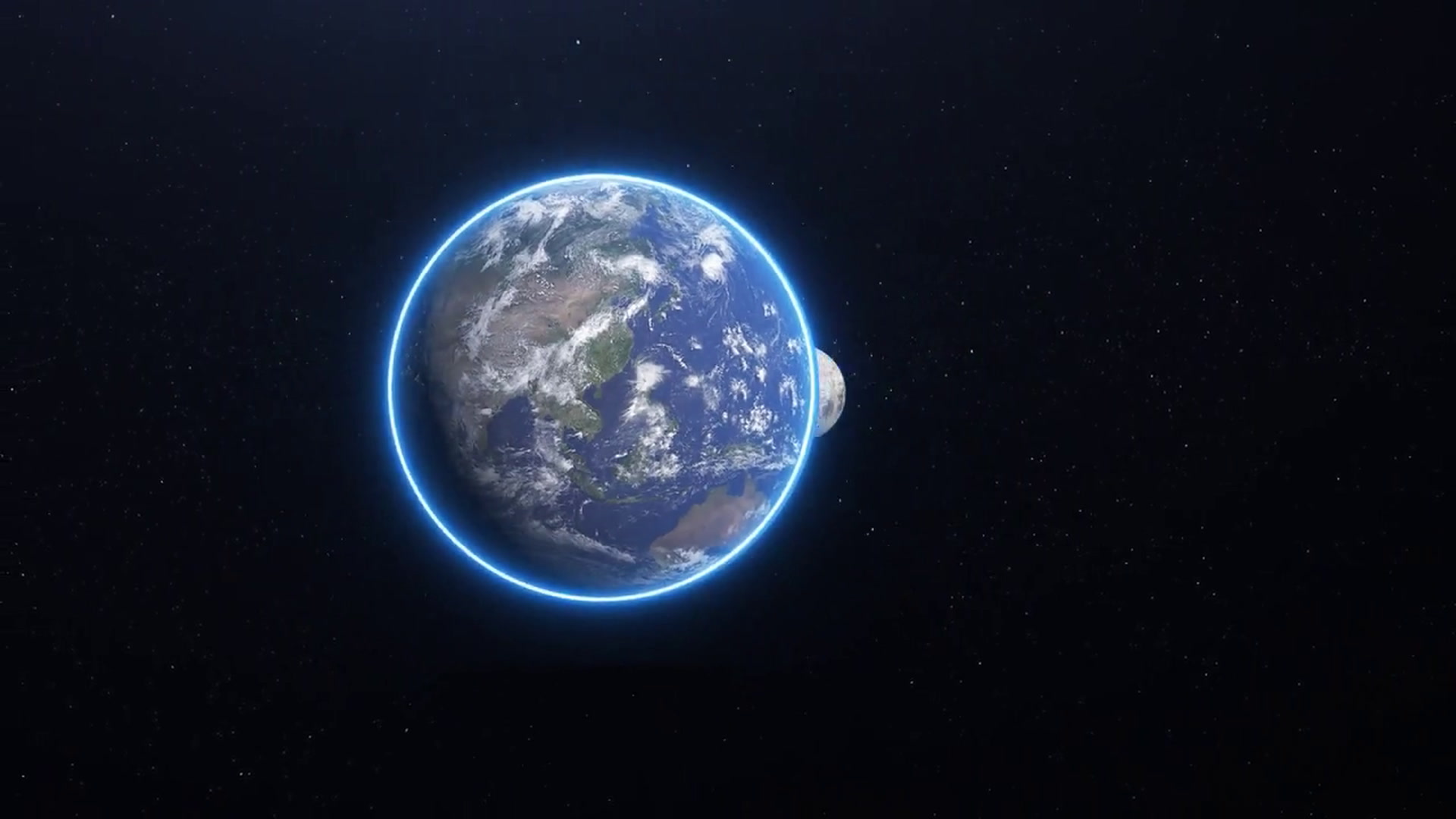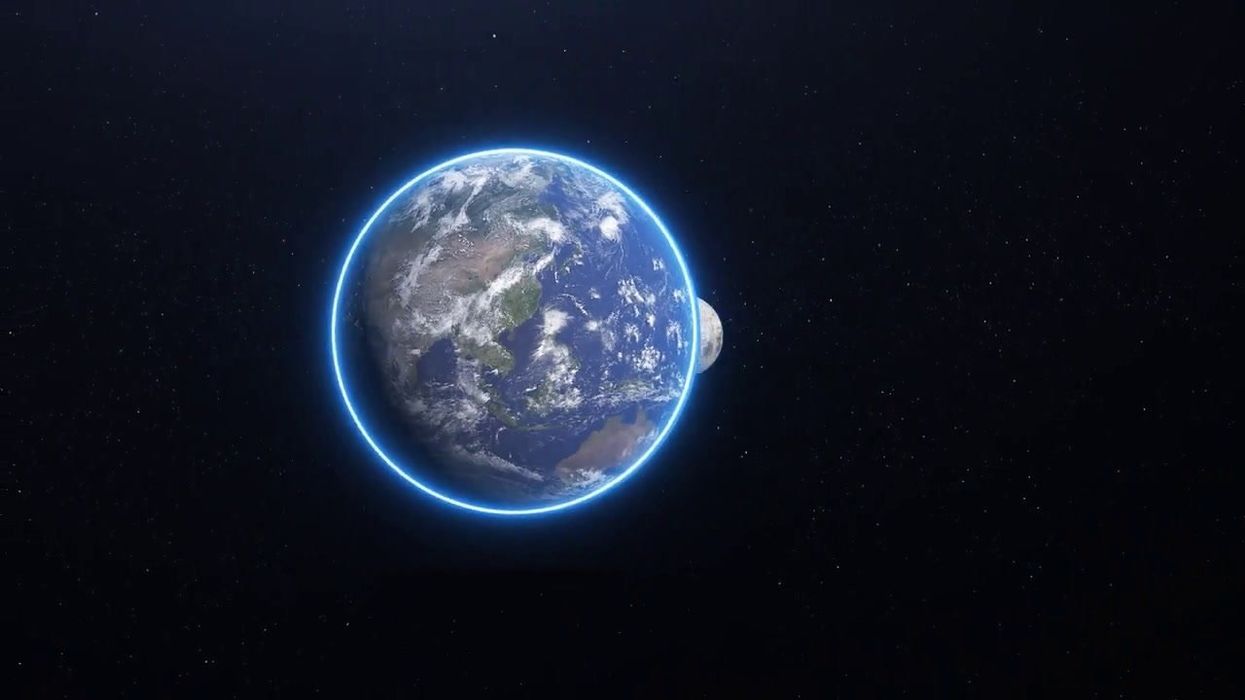Science & Tech
Harriet Brewis
May 15, 2023
What If Earth Was as Small as Pluto?
content.jwplatform.com
Fancy living in the Sahara desert? Or how about the polar ice cap?
Such a drastic shift in living conditions may not sound too appealing, but with the way things are currently heading, we may not have a choice.
New research into how global temperatures and rainfall will evolve over the next 77 years, has concluded that up to half of the entire world will change climate by the end of the century.
Indeed, the shift in climes could be so significant that we’ll likely have to totally redraw our climactic maps of the planet.
Currently, the Köppen-Geiger climate classification is the most commonly used mapping system. It categorises the world into five zones based on temperature, precipitation and seasons, these are: tropical, arid, temperate, continental and polar.
Sign up for our free Indy100 weekly newsletter
The system was first created by German-Russian climatologist Wladimir Köppen in 1884 and has since been updated a number of times.
However, it’s never undergone such radical alterations as the ones we could expect to see by 2100.
Most worrying of all for us in the UK is that Europe is set to see the most “pronounced” changes to climate zone, according to the study’s authors.
In a summary of their findings, the team of academics (based in Ankara, Turkey), wrote: “Up to half of the Earth's land area faces the risk of shifting to a different climate zone by the end of the century, with the greatest changes expected in Europe and North America.”
The specific stats aren’t pretty, with between 65 and 91 percent of land area in Europe projected to change climate zone.
This compares with 51 to 66 percent in North America, and 38 to 48 percent across the world as a whole.

You won’t be shocked to know that greater global land warming rates are behind the climactic alterations, which are set to accelerate over the coming years and could have a devastating impact on our flora and fauna.
“The rate of change […] is projected to accelerate through the 21st century, suggesting that vulnerable species and agricultural practices might have less time to adapt to changes in climate zones than previously projected,” the researchers note.
Perhaps surprisingly, Europe is set to get chillier, with “the expansion of [the continent’s] temperate climate zone into the present-day regions of cold climate” by 2100.
All we can say at this stage is we clearly all need to pull our weight in combatting global warming.
As studies like this suggest, the problem really isn’t going to go away on its own.
Have your say in our news democracy. Click the upvote icon at the top of the page to help raise this article through the indy100 rankings.
What If Earth Was as Small as Pluto?

Top 100
The Conversation (0)
x














